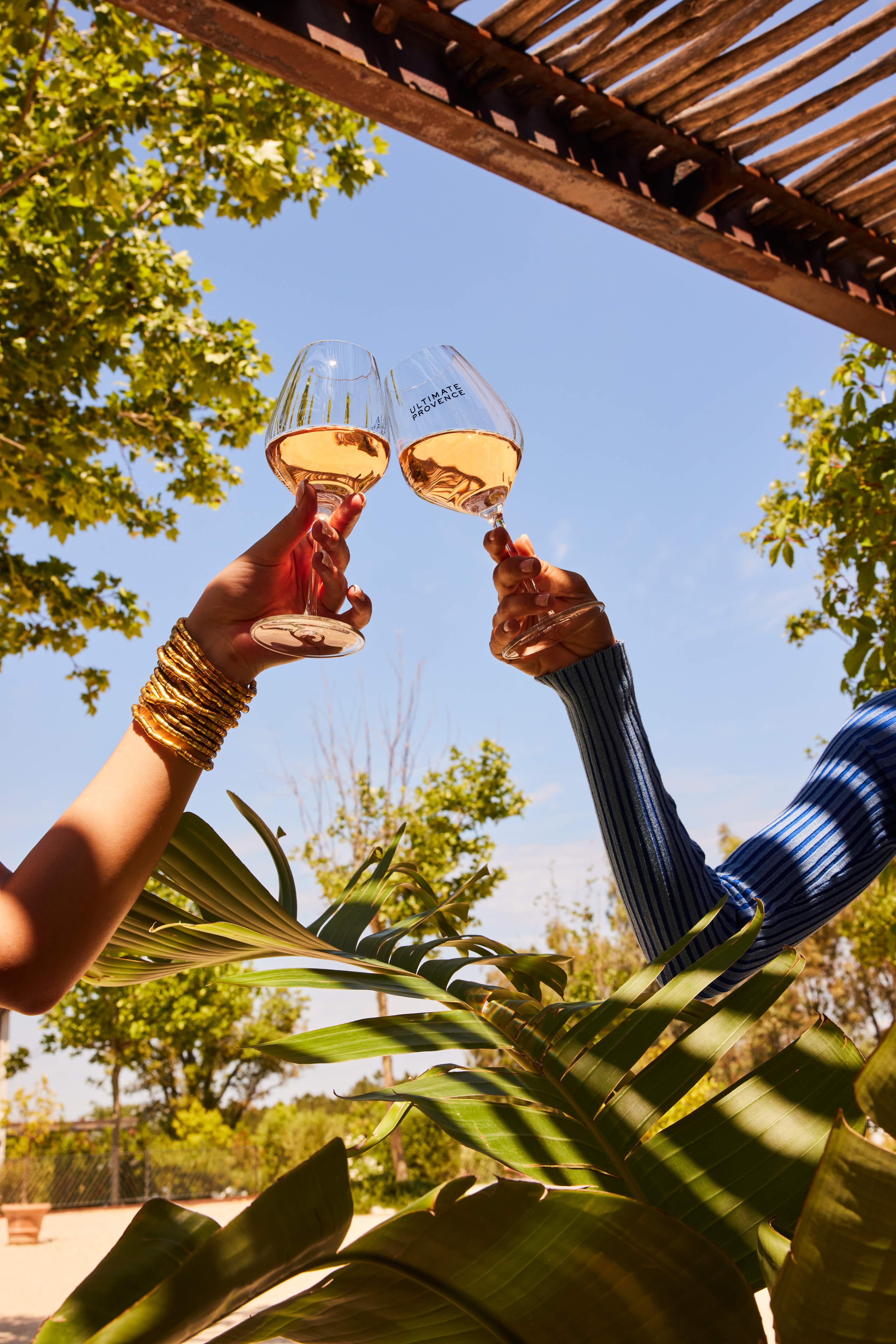For a long time, winegrowers, and the population in general, remained very doubtful about the effects of global warming on the planet. Over the years, it is clear that the phenomenon is growing, and the first impacts are greatly felt. Viticulture must then evolve and adapt to cope with these climatic changes which have an influence on the vine and the wine .
The consequences of global warming on vines
In recent years, the world of wine has seen a new lexical field develop to talk about the vine. We then talk about climate change, adaptation, global warming ... It is in fact now impossible to deny the various meteorological episodes of which we are increasingly victims, and which testify to a particularly worrying situation for the environment and our planet.
In the vineyards, these climatic changes result in destroyed harvests , intrinsically modified wines , early harvests , lower wine acidity , higher alcohol content , spring frosts , devastating storms and hail , etc.
There is no doubt then, winegrowers have no other choice than to adapt to these changes in order to continue to produce quality wine.
The challenges of global warming in the world of wine
To be able to cope with new, increasingly frequent and intense weather events, winegrowers must act on several levels.
Reduce heat on grape berries
Climate change is mainly characterized by higher temperatures. However, excessive temperatures in the vineyards have the disadvantage of stopping the ripening of the grapes . Winegrowers are therefore obliged to intervene vine by vine to try to reduce the impact of heat on the berries .
Thus, in the wine-growing regions of the South, winegrowers act at the level of leaf removal . If, until now, they removed the majority of vine leaves, today they are obliged to keep all or part of them, so that they protect the berries from the sun and the heat.
The problem is even more difficult to treat in regions where humidity remains very high. Associated with heat, it provides a breeding ground for parasites to proliferate. The winegrower is then responsible for reducing the height of the pruning of the oaths (trimming).
Coping with periods of drought
Although rainy episodes in France are becoming more and more powerful, they are nevertheless less frequent and less well distributed throughout the year. We then find ourselves with vines ravaged by rain and hail, while water reserves decrease drastically. Low rainfall is then no longer sufficient to cope with long periods of summer drought , and winegrowers must be creative to improve soil drainage with cultivation techniques that also refill water tables, while reducing erosion. .
Among the new cultivation techniques , more and more professionals are opting for grassing the vines . This method helps protect the soil, strengthen biodiversity, and keep the vines moist.
Anticipate the limits of irrigation of vines
Many vineyards around the world have developed a vineyard irrigation system to counter extreme drought (Argentina, California, etc.). Many wine professionals are also considering it in France, and many wonder if it is not, in the long term, the only solution for wine production to continue.
However, the experiences already in place clearly show us that vineyard irrigation will not solve the problem of global warming in the vineyards, and above all that it provides no response to the water shortage which is becoming increasingly common. feel more.
Adapting grape varieties to weather changes
Since the lack of water seems to be inevitable in the more or less long term, the French Institute of Vine and Wine (IFV) has decided to work on vine varieties , in order to find grape varieties with better water resistance . Many winegrowers did not wait to obtain a selection of rootstocks more resistant to drought . They then decided to cultivate more water-efficient grape varieties, such as Syrah or Grenache.
Maintain a balance between the alcoholic degree and the acidity of the wine
With heat, the alcohol content of the wine increases, and the acidity decreases. The wines then lose this balance so essential to their taste quality. The last 3 vintages bear witness to this; oenologists must then intervene quickly, and several solutions are available to them:
- Introduce yeasts to limit alcohol production and/or increase the acidity of the wine;
- Play with the duration of maceration of the wines to find a good balance (long maceration before fermentation, and shorter alcoholic fermentation).
Global warming: an advantage for northern wine growers?
You might think that northern vineyards would see global warming as a boon. Indeed, the heat intensifies in these previously cool regions, and the vineyards benefit from a climate similar to that of the South, so favorable to viticulture .
But this is not really the case, because global warming is not limited to the rise in temperature, and climatic accidents are more and more frequent and violent, endangering, every summer, many plots of land in the north, like the south.
The Château de Berne: an estate concerned with the environment
Faced with increasingly worrying climate change, the Berne estate is committed to producing Provence wines with strict respect for the environment . Berne's wine producers then take advantage of all the richness of the Provençal terroir to cultivate generous vines. With its cool nights and sunny days, the Berne estate cultivates 175 hectares of vines in organic farming , to produce exceptional red wines, white wines and rosé wines, in AOC Côtes de Provence and IGP Méditerranée.
In addition, the vineyard is also certified High Environmental Value (HVE) level 3, a label testifying to the environmental performance results of the estate and its commitment to a more sustainable wine-growing activity .
The effects of global warming are devastating in many ways, and wine growers are particularly affected. If they manage to find solutions to counter this phenomenon, it is time for concern. The Berne estate then acts to preserve the environment, by offering sustainable organic viticulture .








